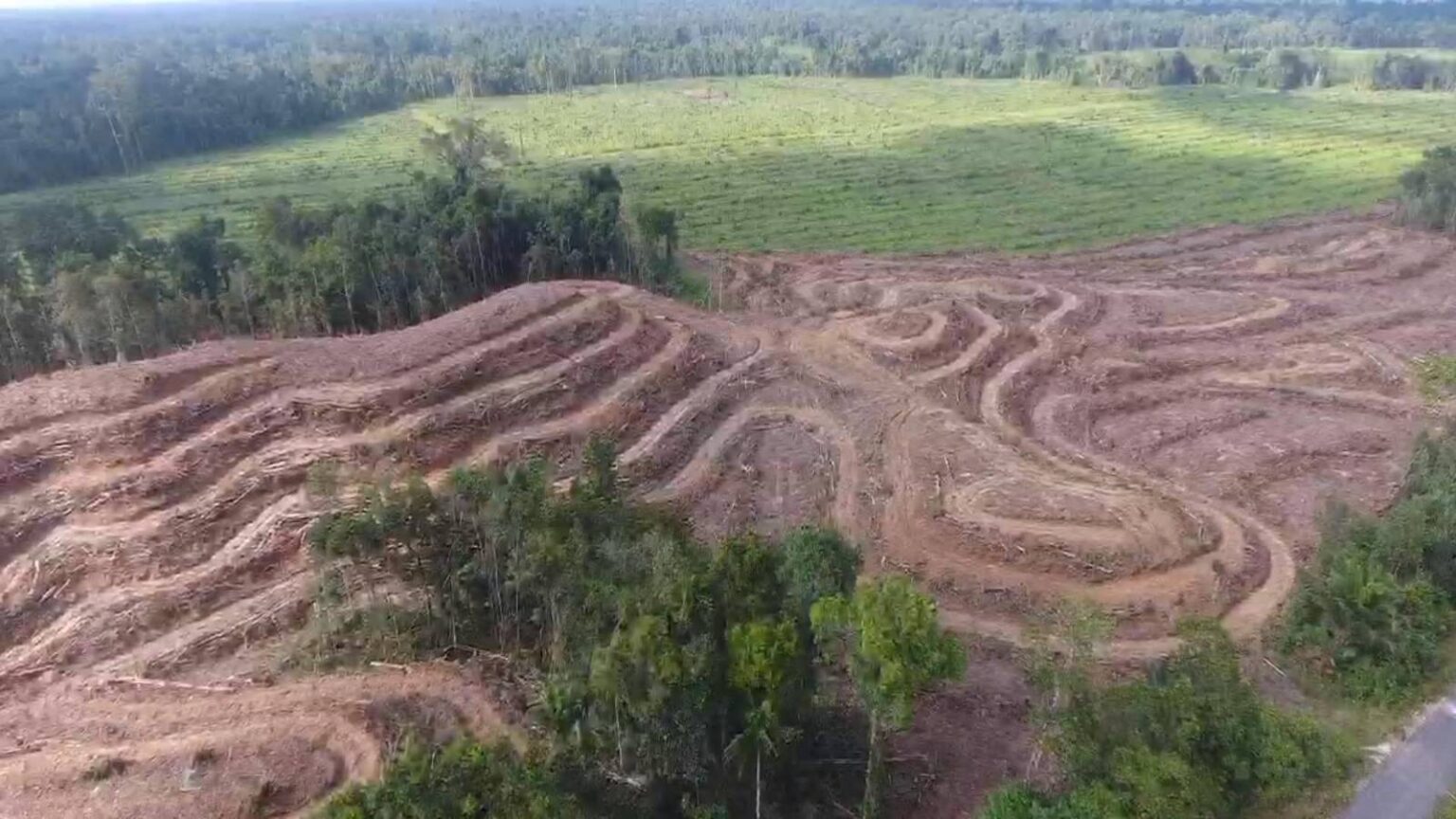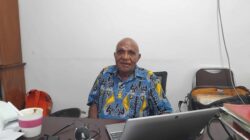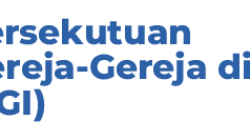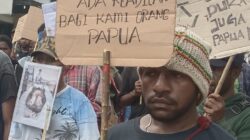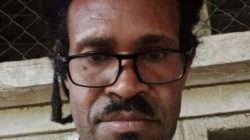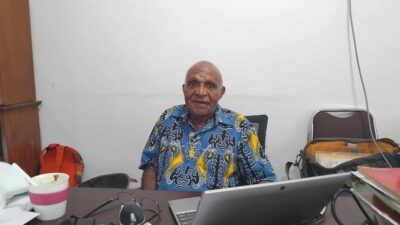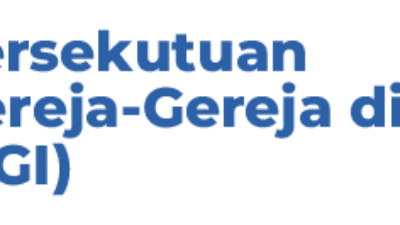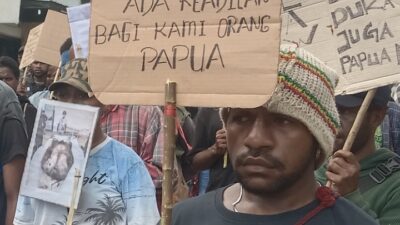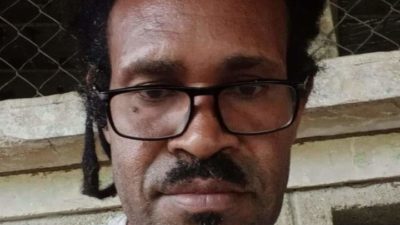Jayapura, Jubi – Head of Greenpeace Indonesia’s Forest Campaign Kiki Taufik said there are ten regencies in Papua island with the highest deforestation rate from 2001 to 2020. Deforestation occurs due to overissuance of licenses for land-based extractive industries that threaten the rights of indigenous Papuans.
This was conveyed by Taufik in an online discussion of the research report “The Curse of Natural Resources in the Land of Papua” organized by Greenpeace in collaboration with the Institute for Development of Economics and Finance (IDEF) on Monday, December 19, 2022. Kiki said that in the last two decades, Papua has been the region with the highest deforestation rate in Indonesia.
Greenpeace and IDEF’s research shows that at least 417,800 ha of natural forest have been lost in ten Papua regencies. Of the ten regencies, half of them are in Papua Province, with the loss of natural forest reaching 292,100 ha. The five regencies are Merauke Regency (92,200 ha), Boven Digoel Regency (69,800 ha), Mappi Regency (30,200 ha), Nabire Regency (36,000 ha), Keerom Regency (29,900 ha) and Mimika Regency (34,000 ha).
Deforestation at a high rate also occurred in West Papua Province, with the area of natural forest lost reaching 125,700 ha. The five regencies are Fakfak Regency (36,100 ha), Teluk Bintuni Regency (31,700 ha), Manokwari Regency (28,700 ha) and Sorong Regency (29,200 ha).
Land-based extractive industries such as mining, Industrial Plantation Forest (HTI), Forest Concession Rights (HPH), and oil palm plantations are rampant in Papua, leading to deforestation. The formation of New Autonomous Regions (DOB) such as the three new provinces can also accelerate deforestation.
Rosita Tecuari, the chairperson of the Namblong Tribal Women’s Organization in Jayapura Regency, said that permit-based exploitation of natural resources has marginalized the rights of indigenous Papuans. “We have experienced firsthand how our forests were forcibly taken by the company, while we who own the customary land do not get any welfare,” she said.
Tecuari said that she and the indigenous people in the Grime Nawa valley are currently fighting to reject palm oil company PT Permata Nusa Mandiri. According to Tecuari, the company has cleared up to a hundred hectares of land belonging to the indigenous community without permission.
Tecuari said that the presence of the company did not have a positive impact on the indigenous community. Instead, the company’s activities are destroying nature and the land that is the source of life for the indigenous people.
“The forest for us is a place to find food. We take vegetables and side dishes from the forest, not in the city or in shops,” she said. (*)


